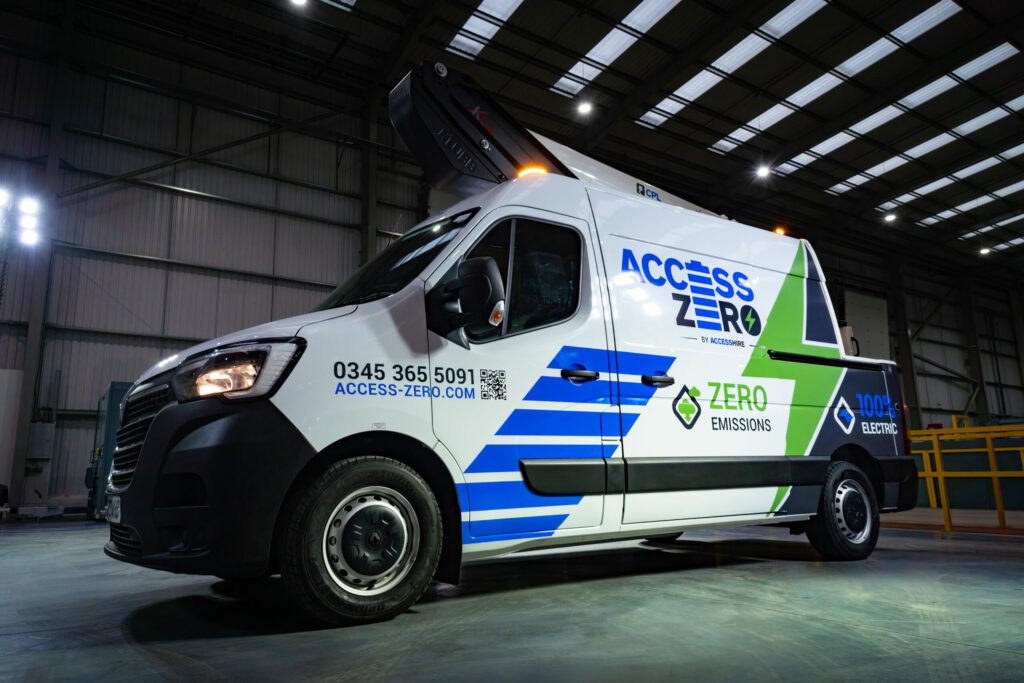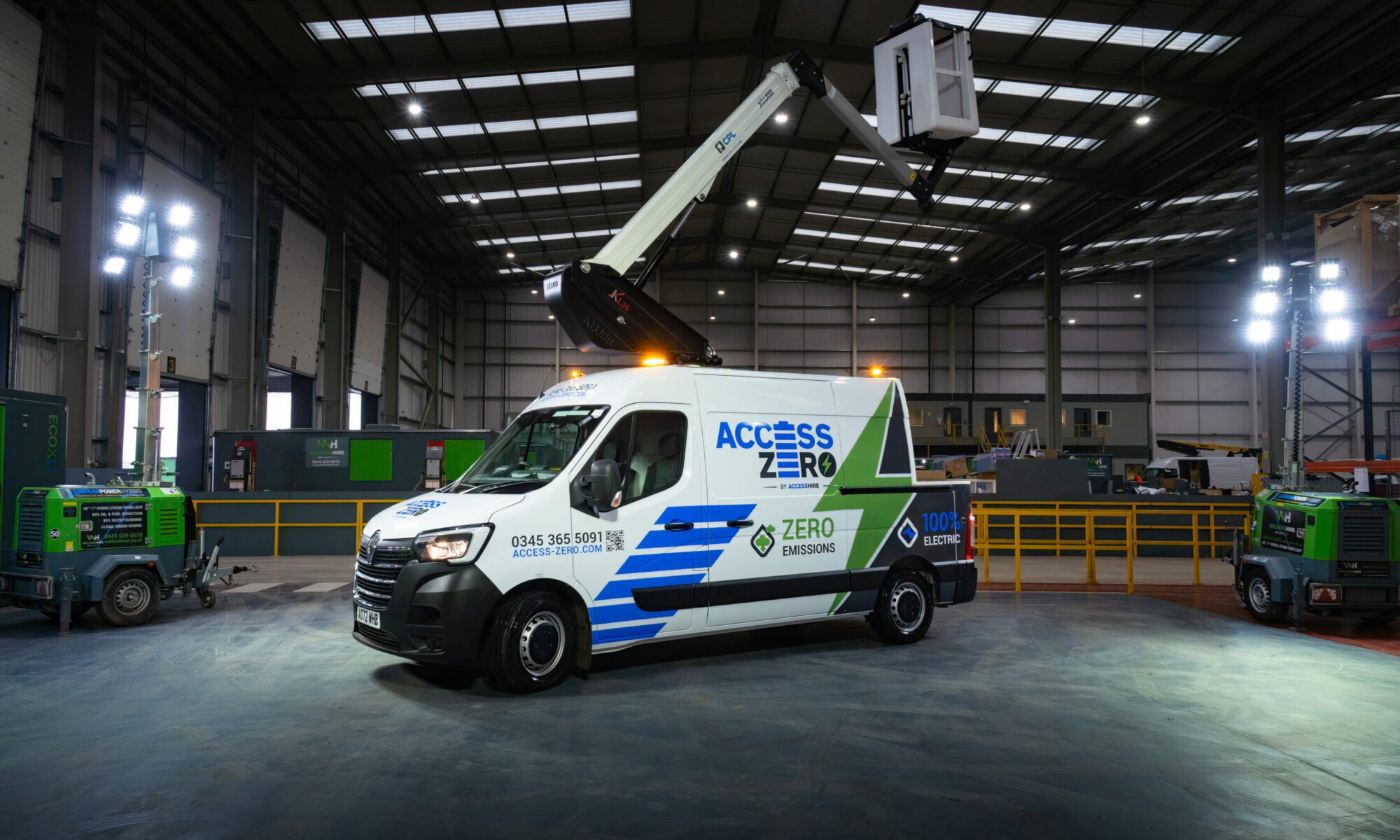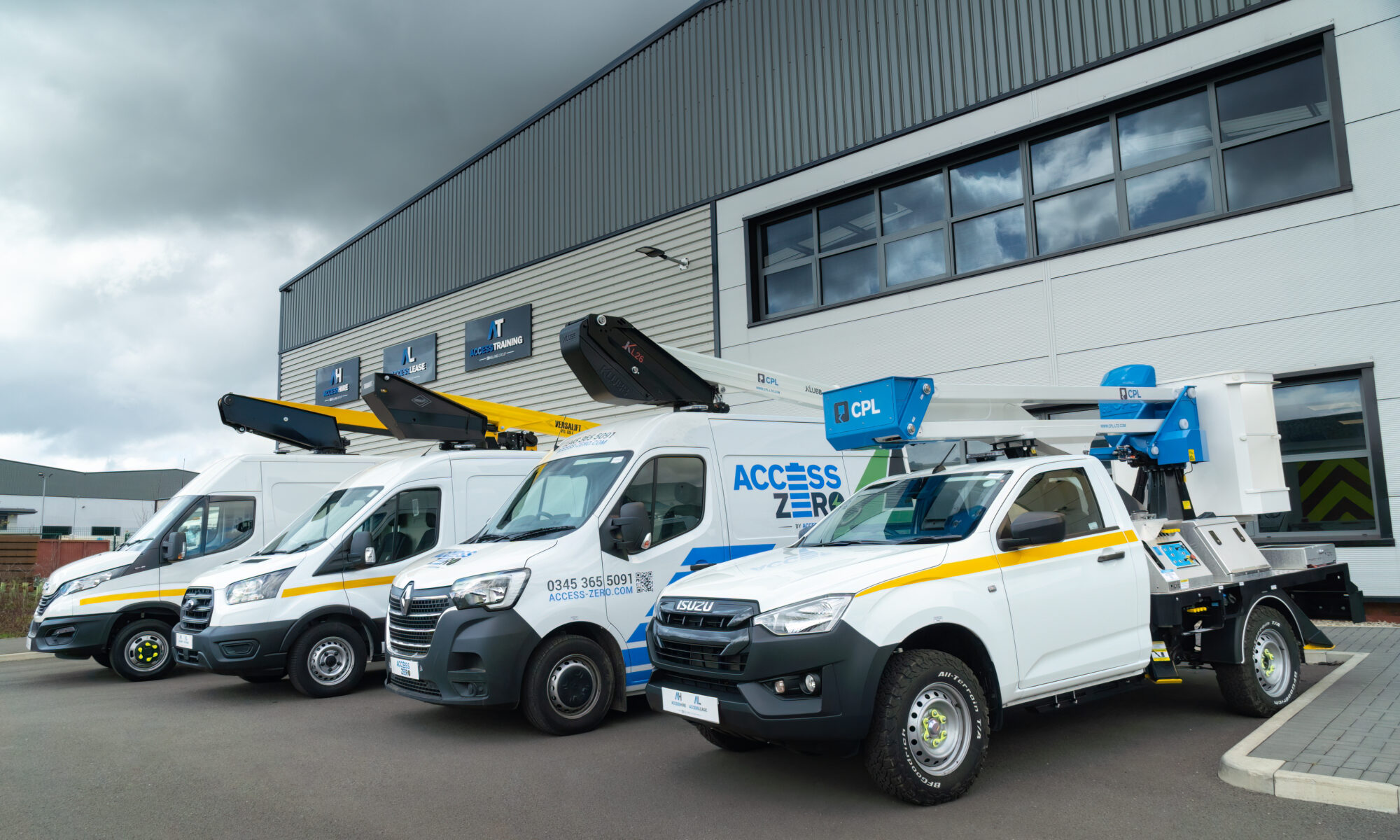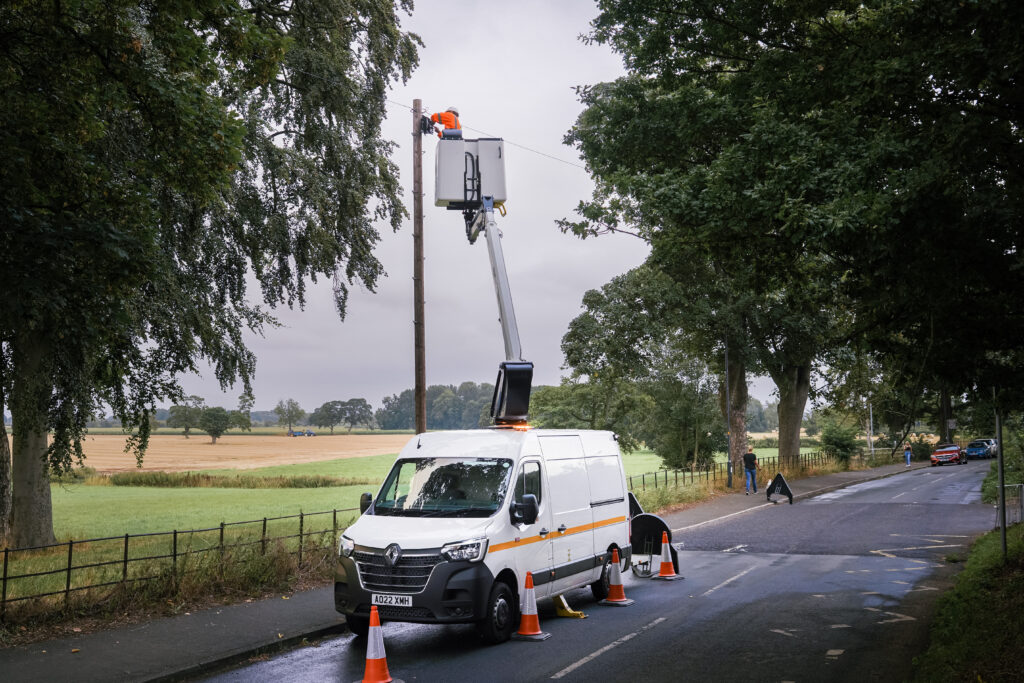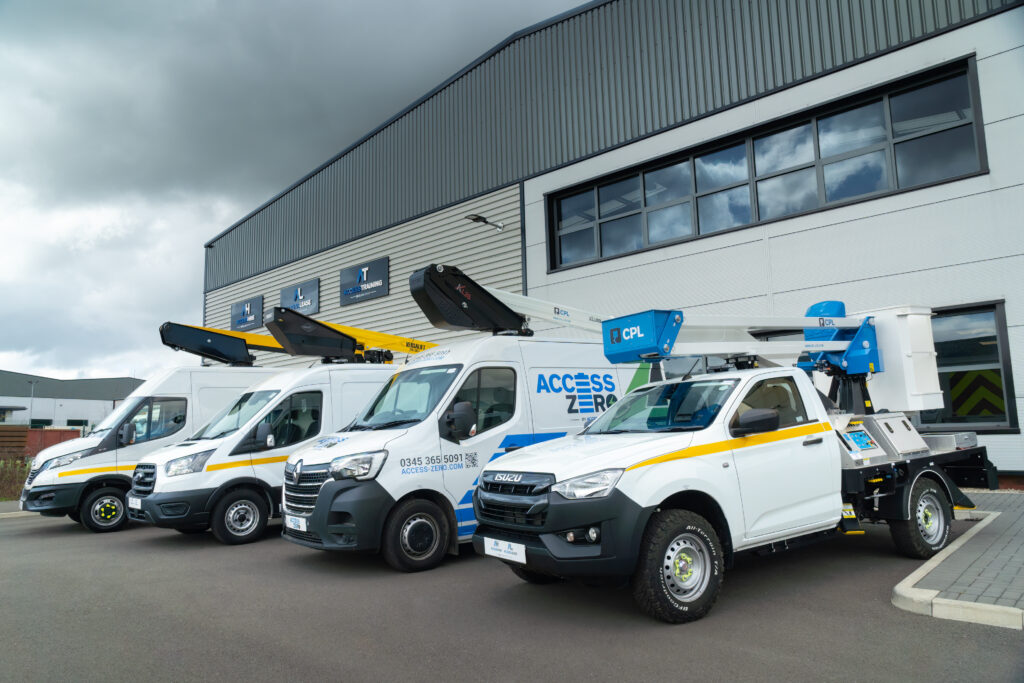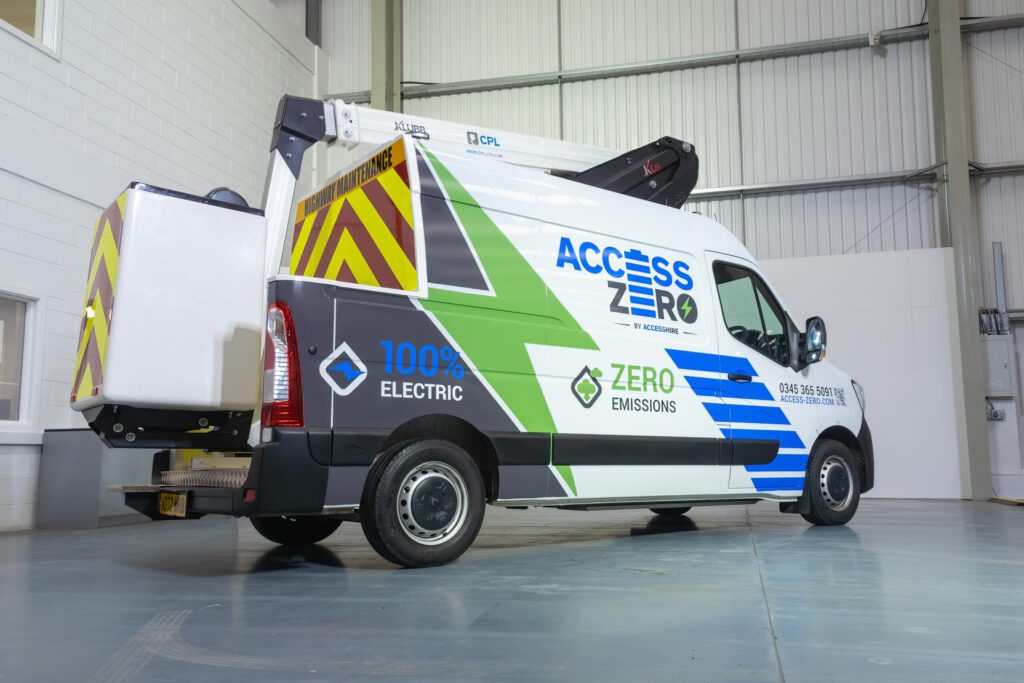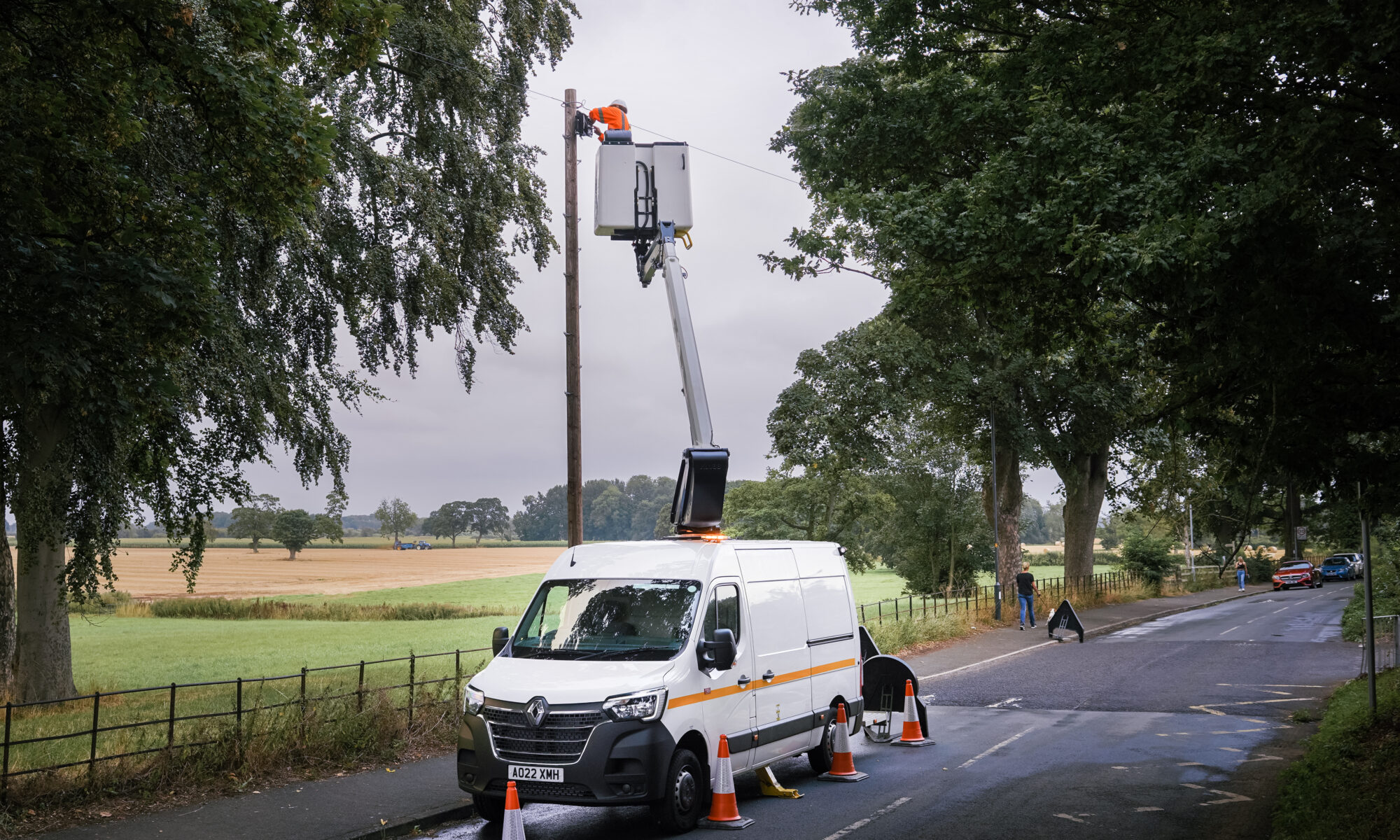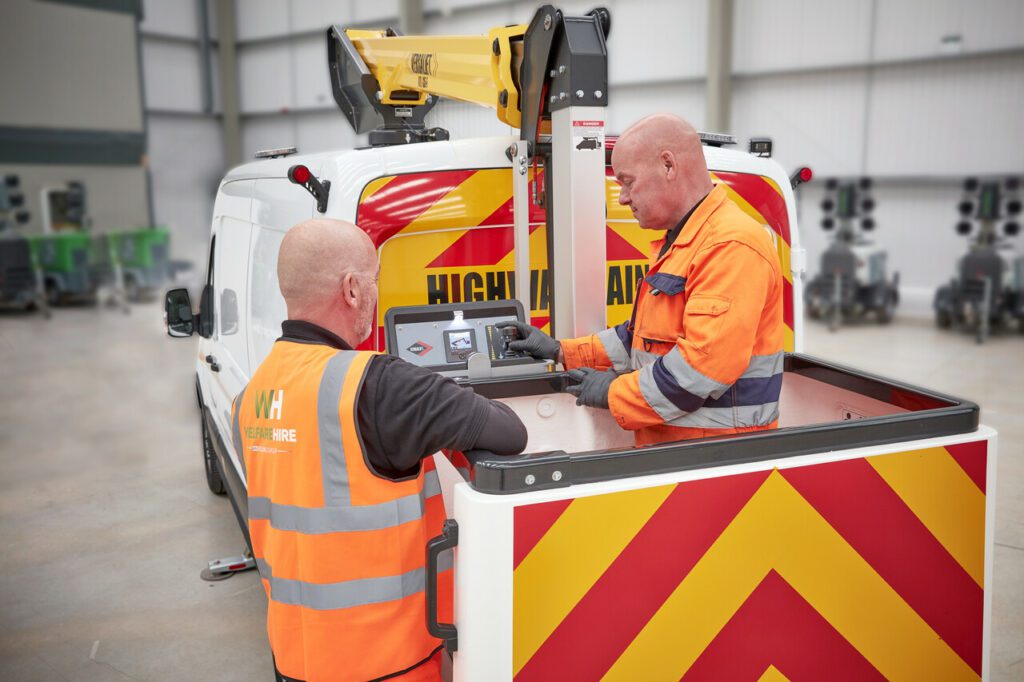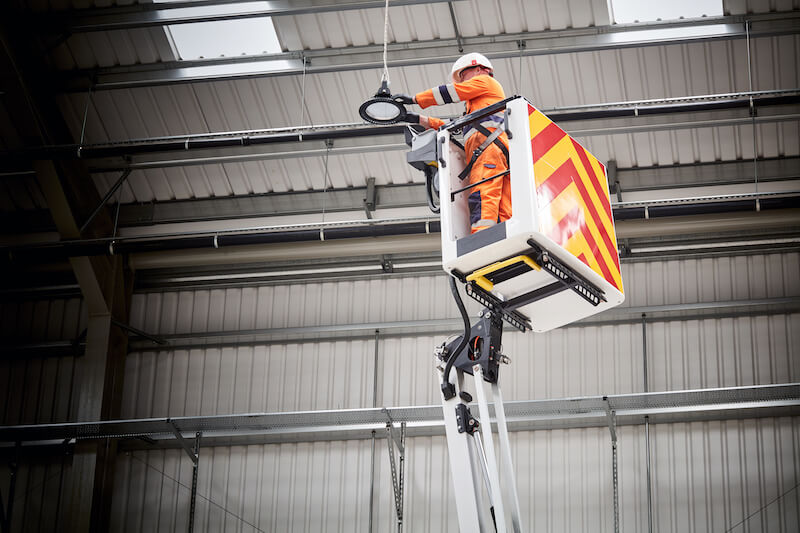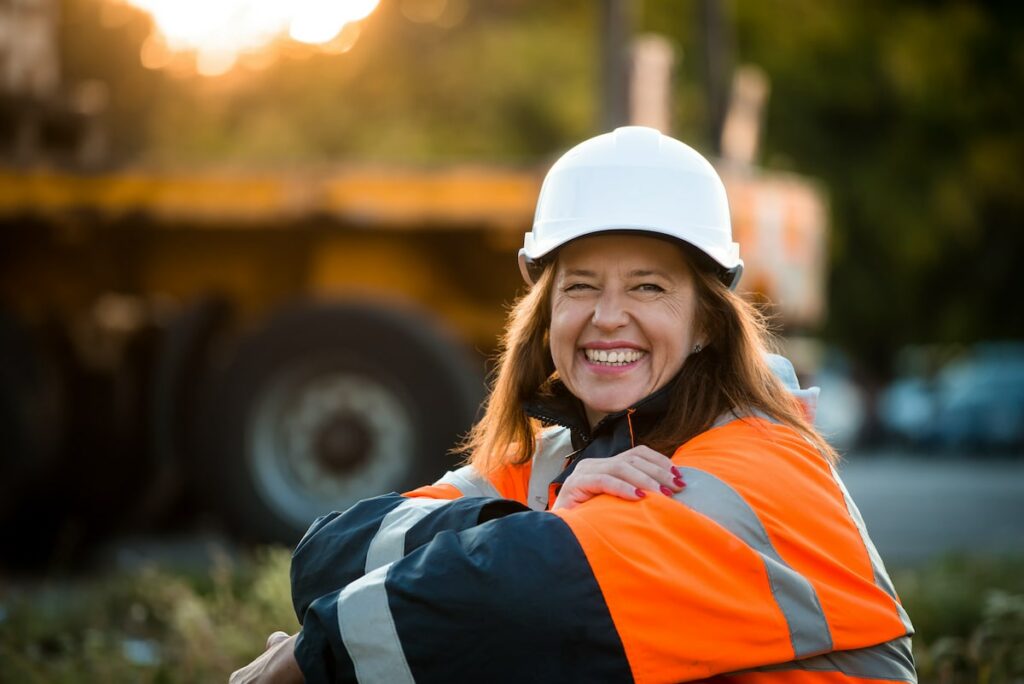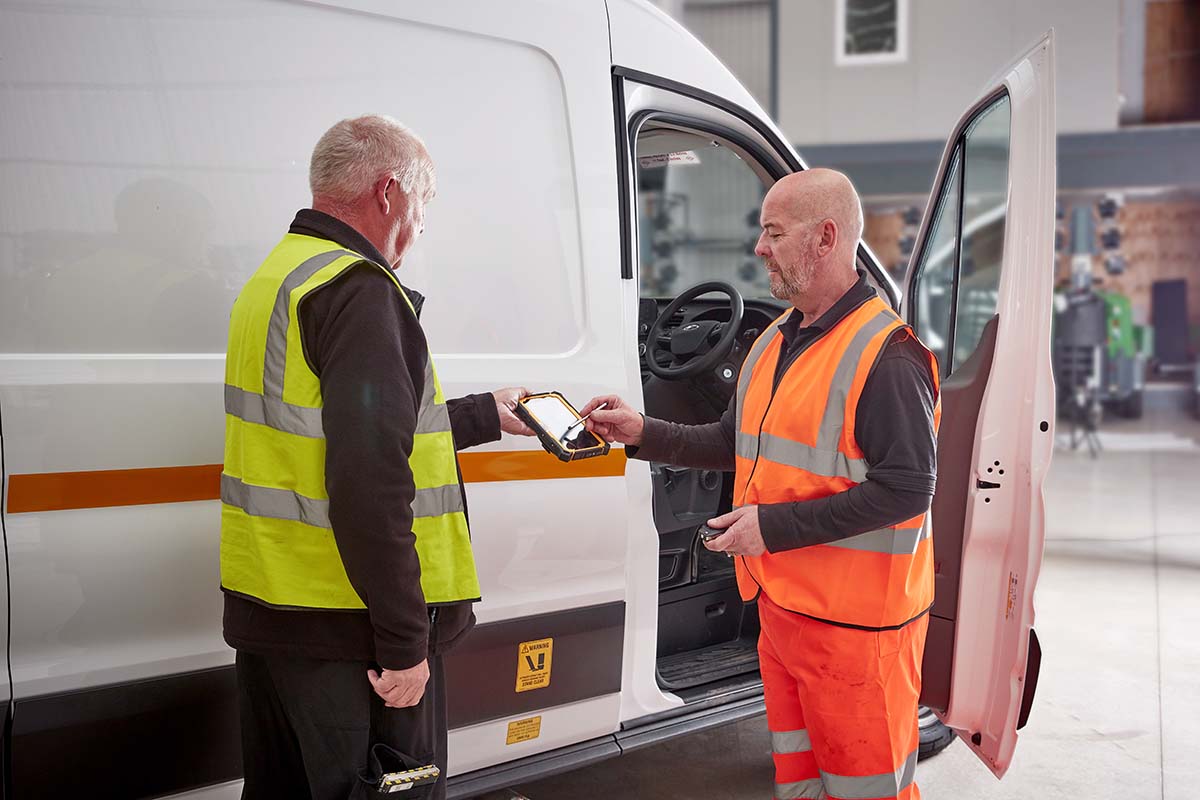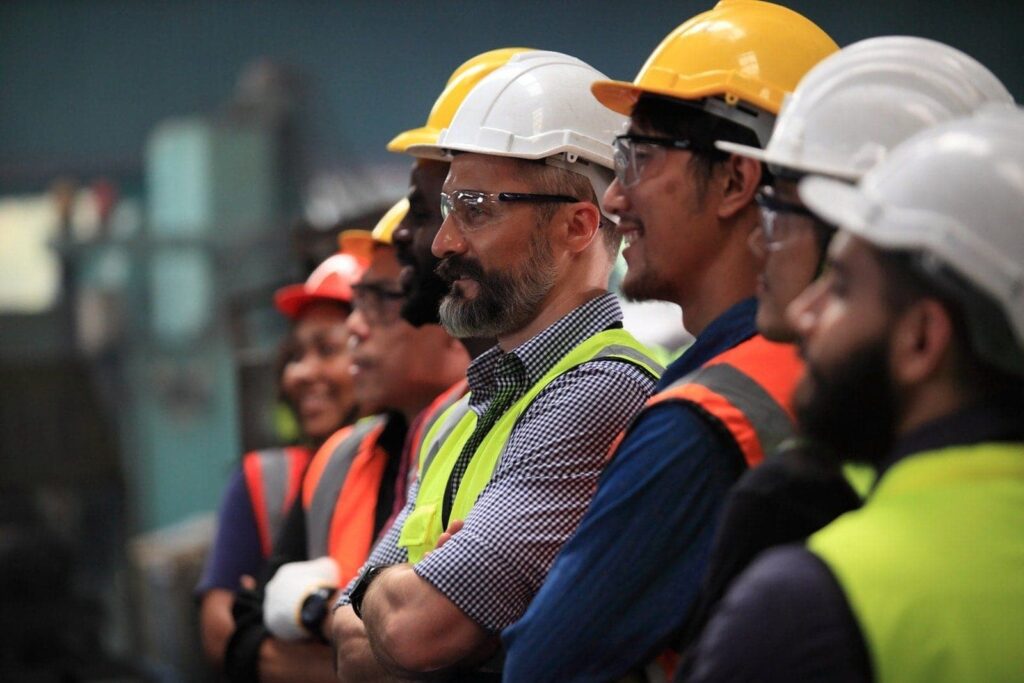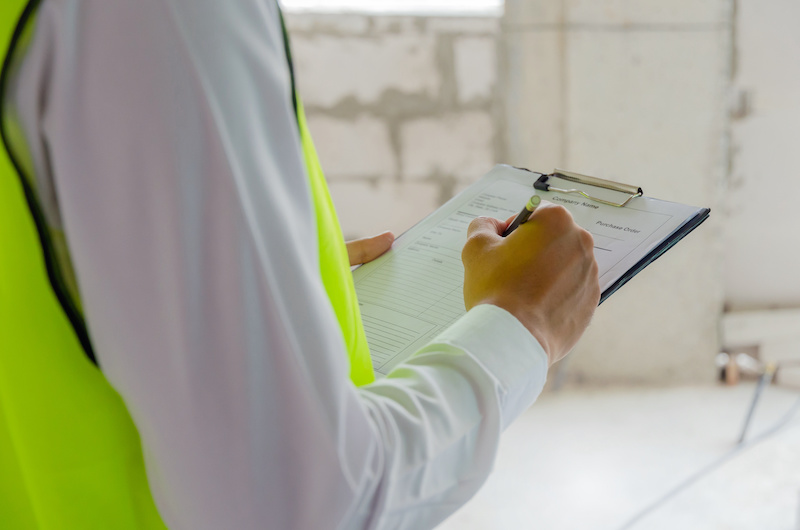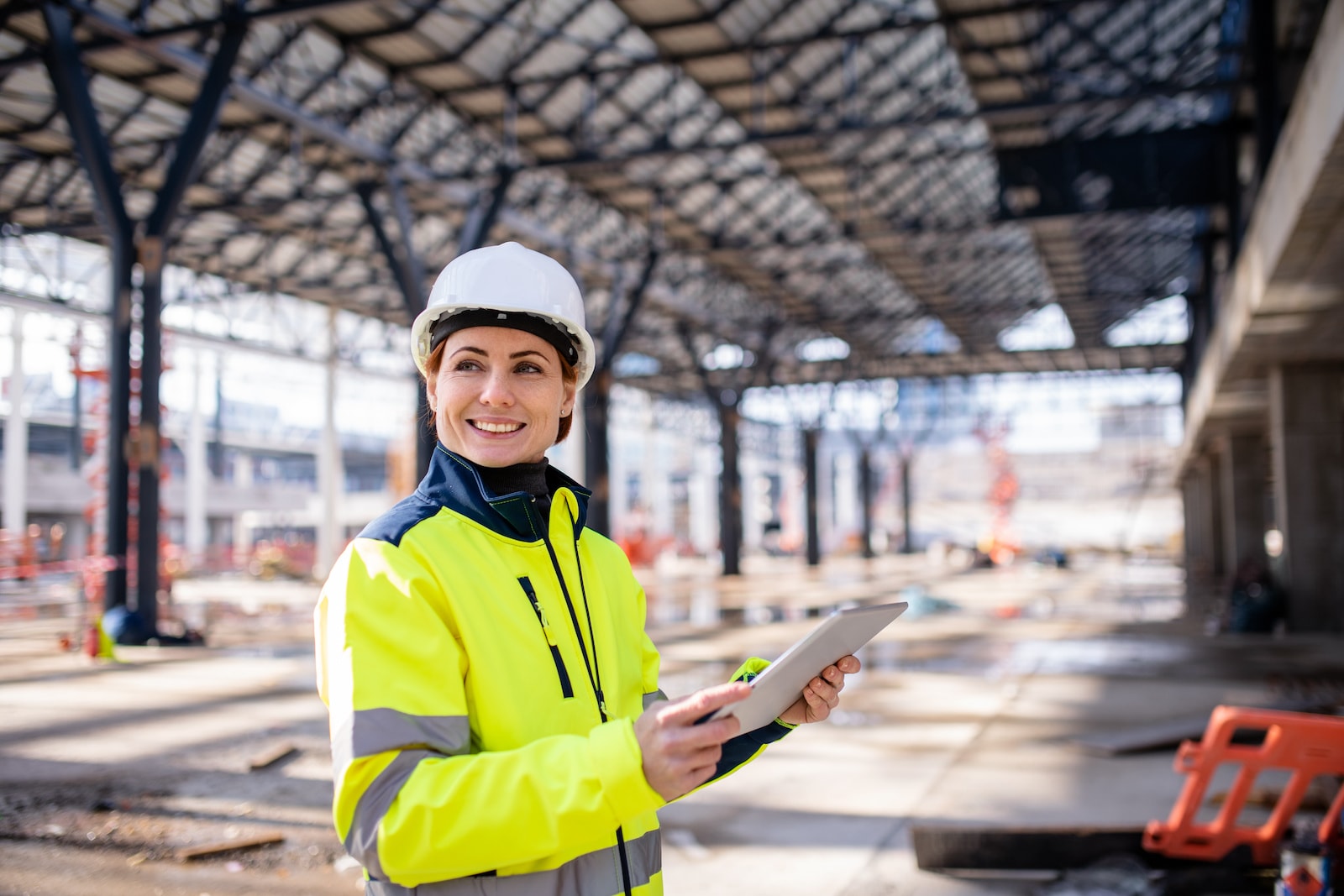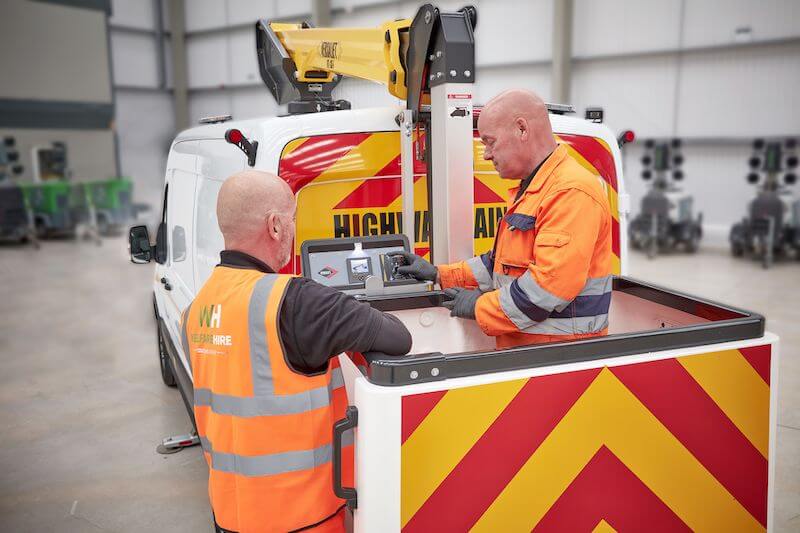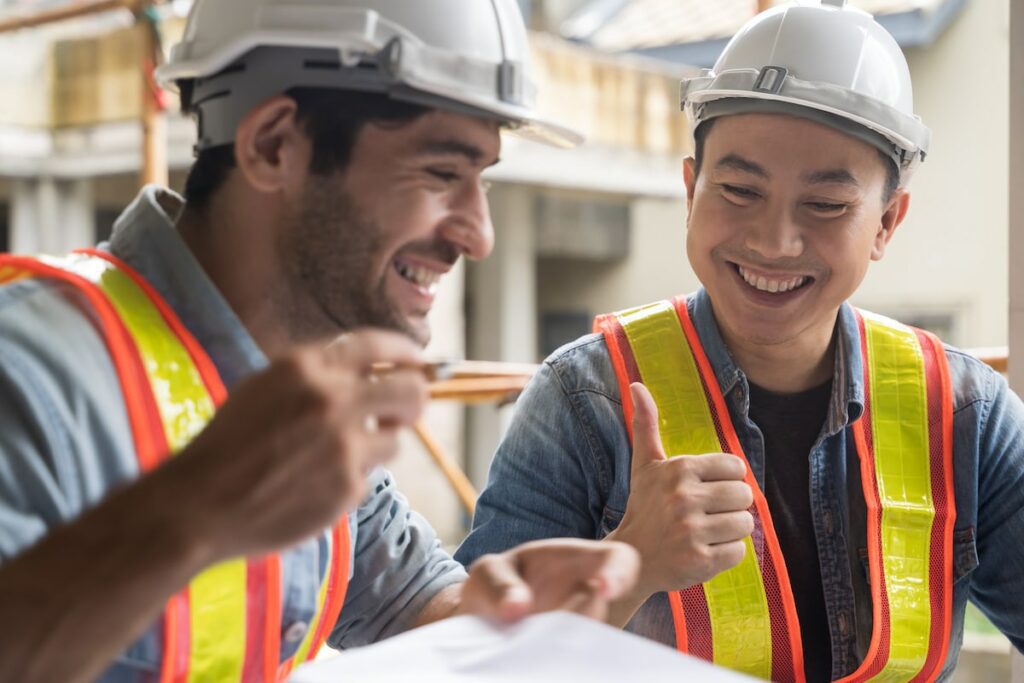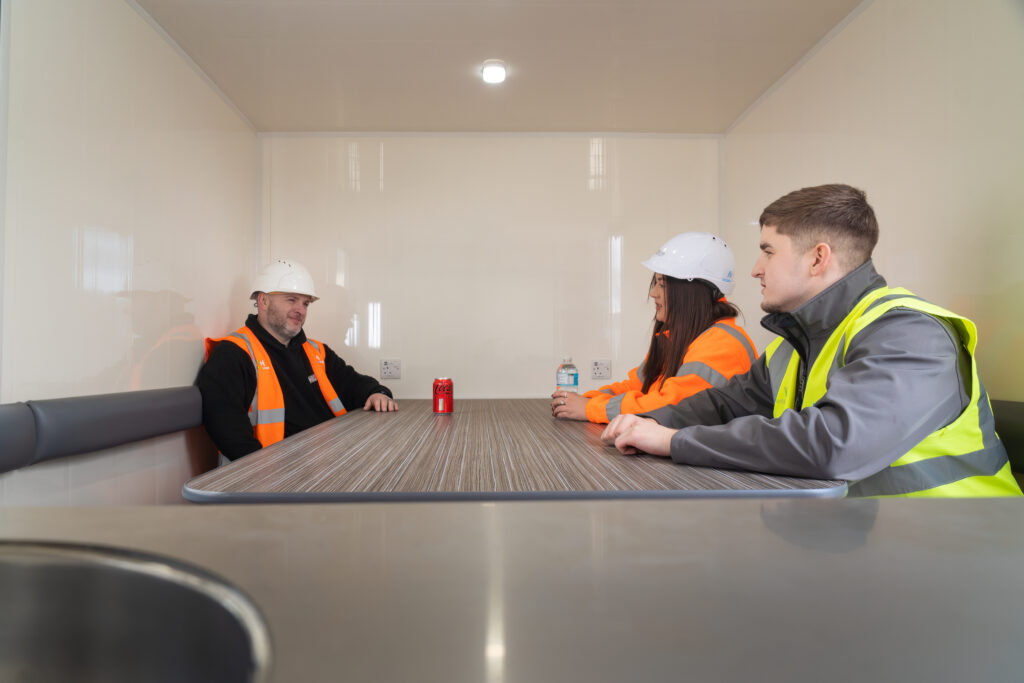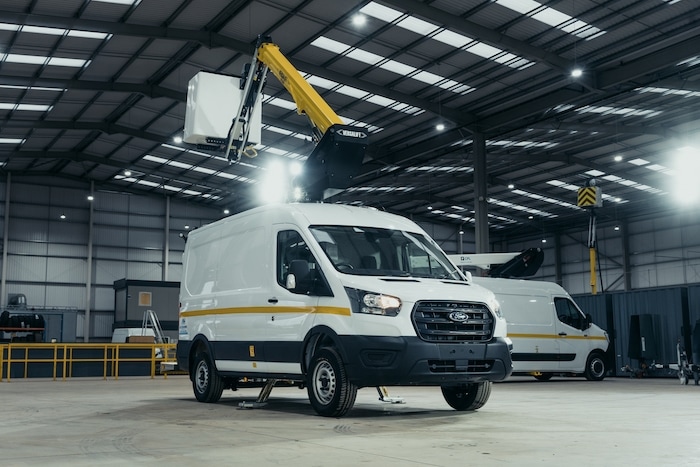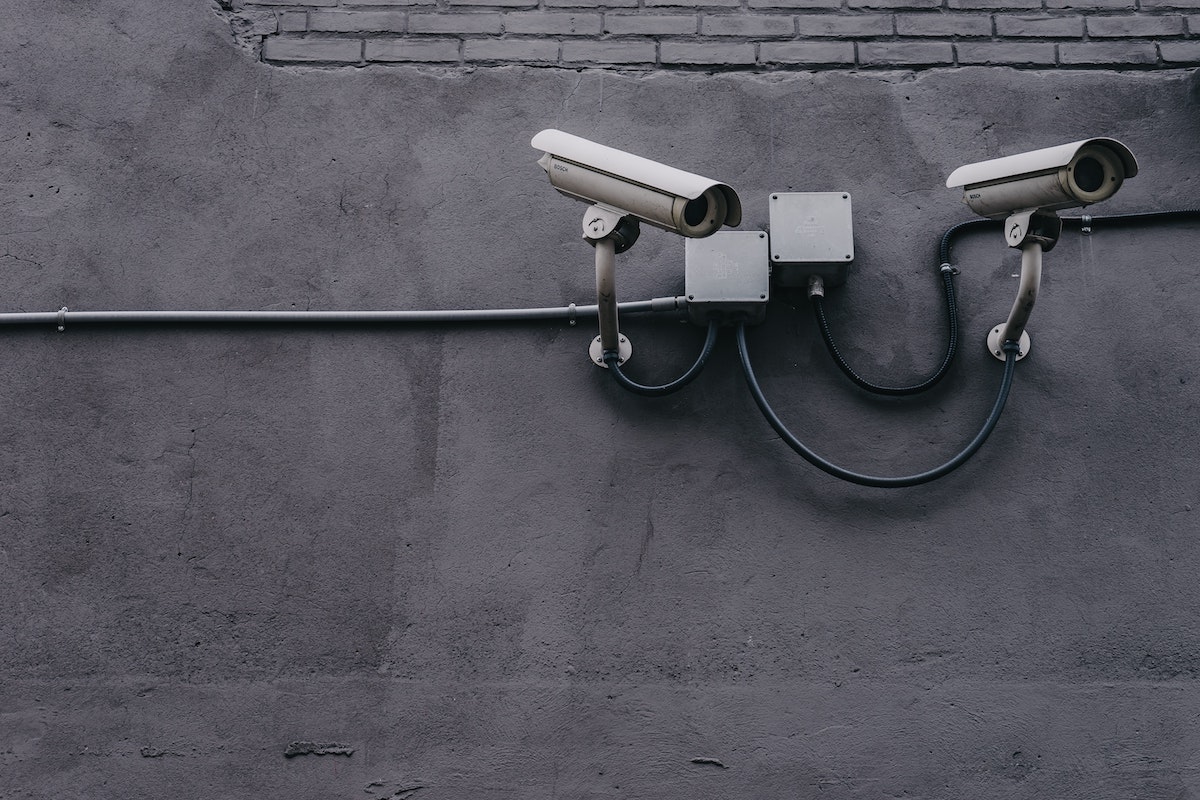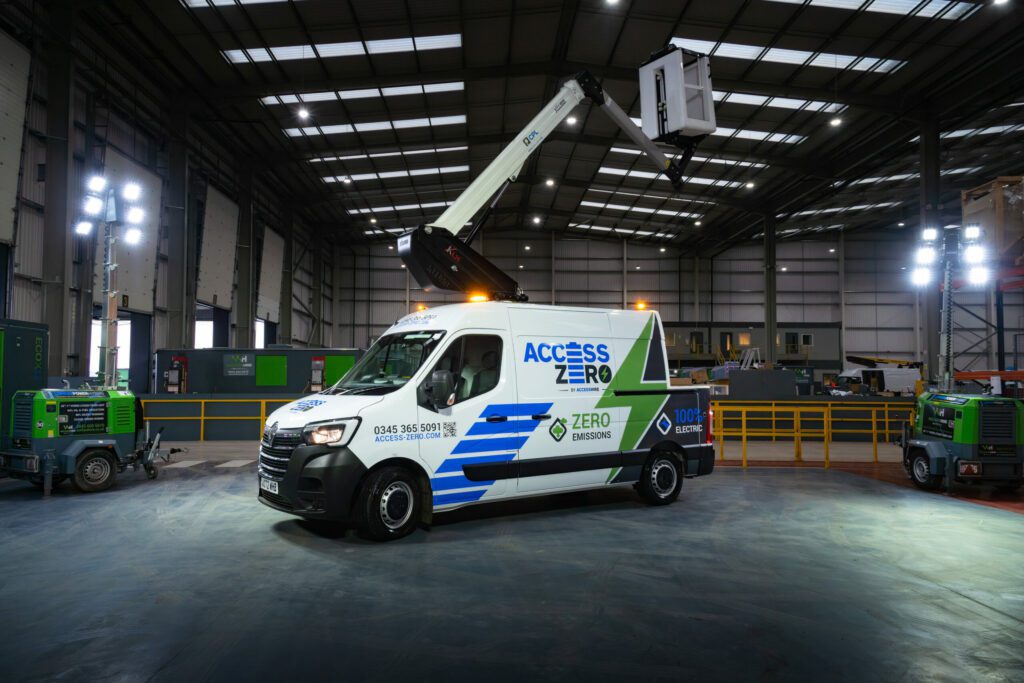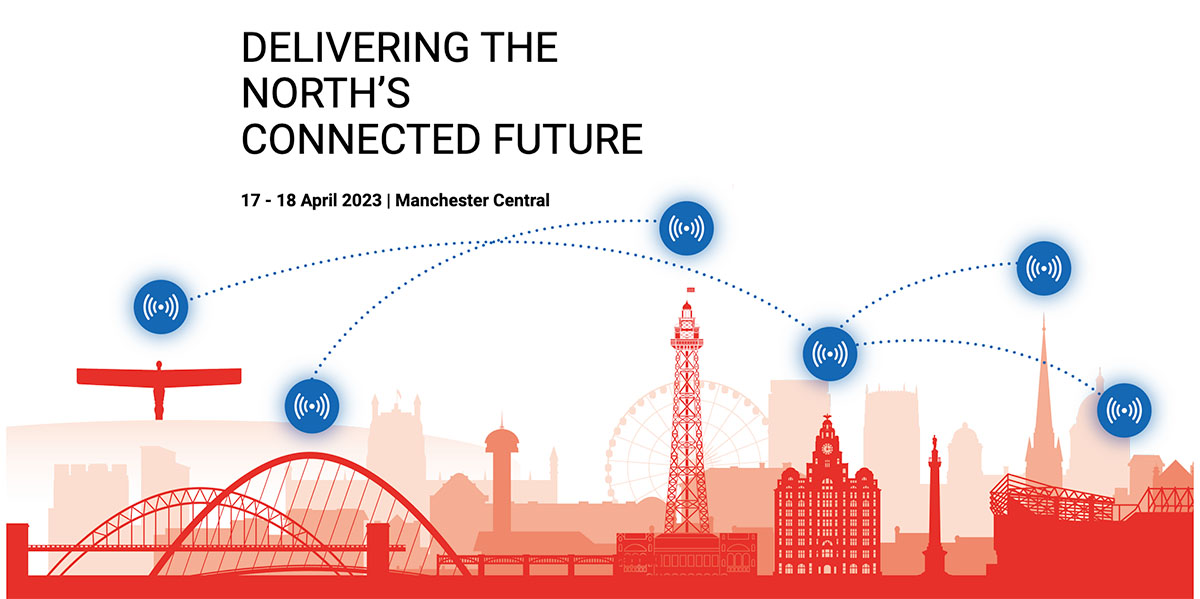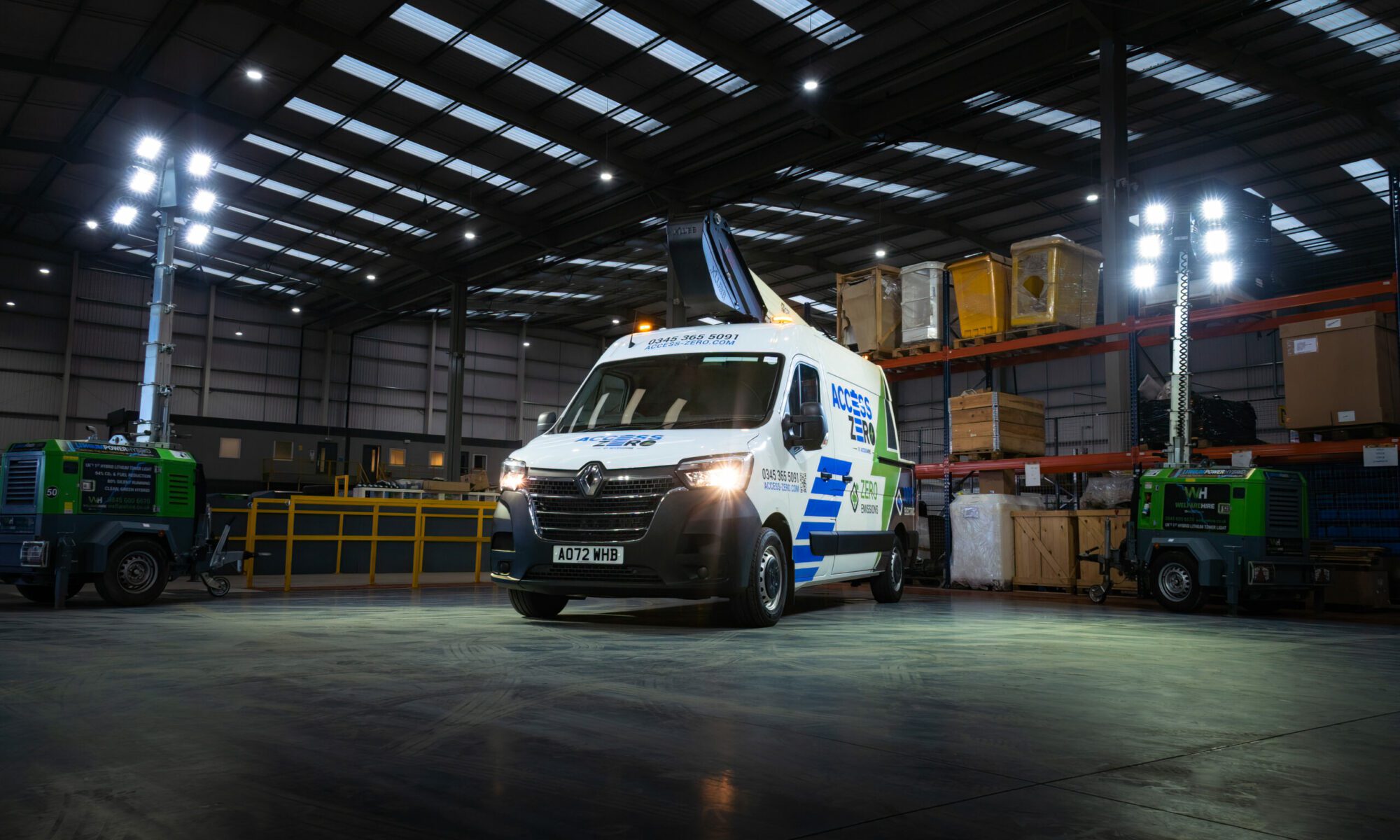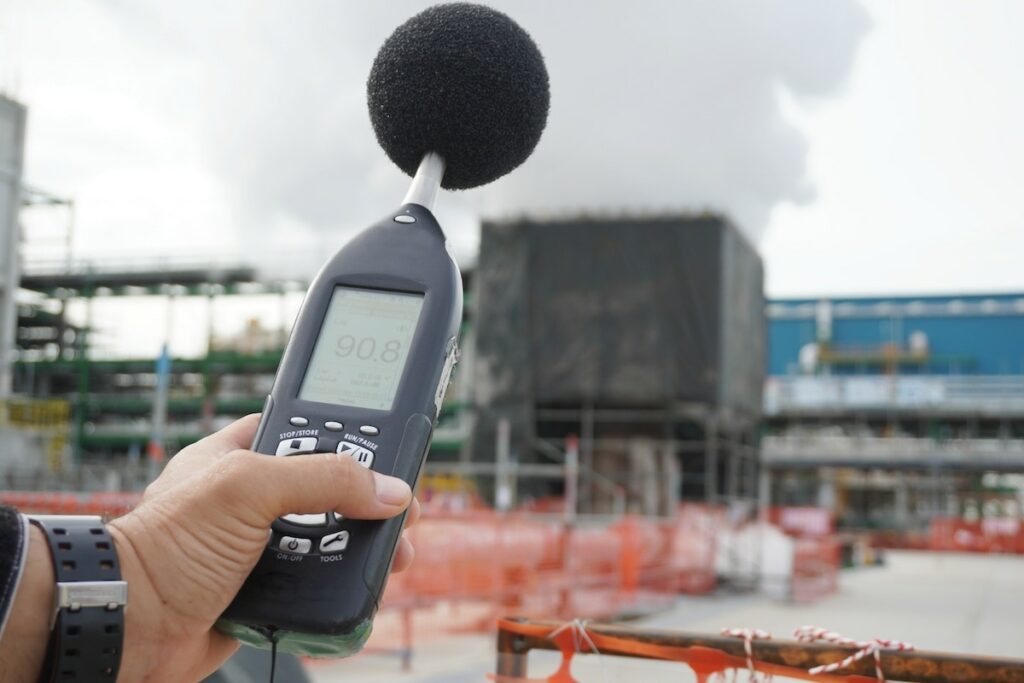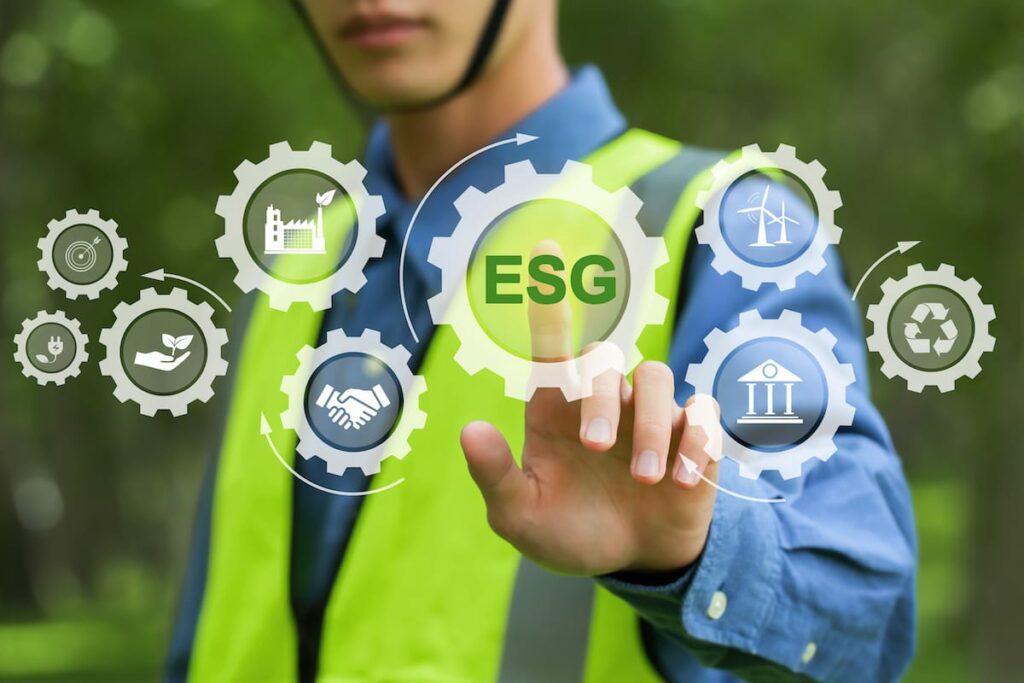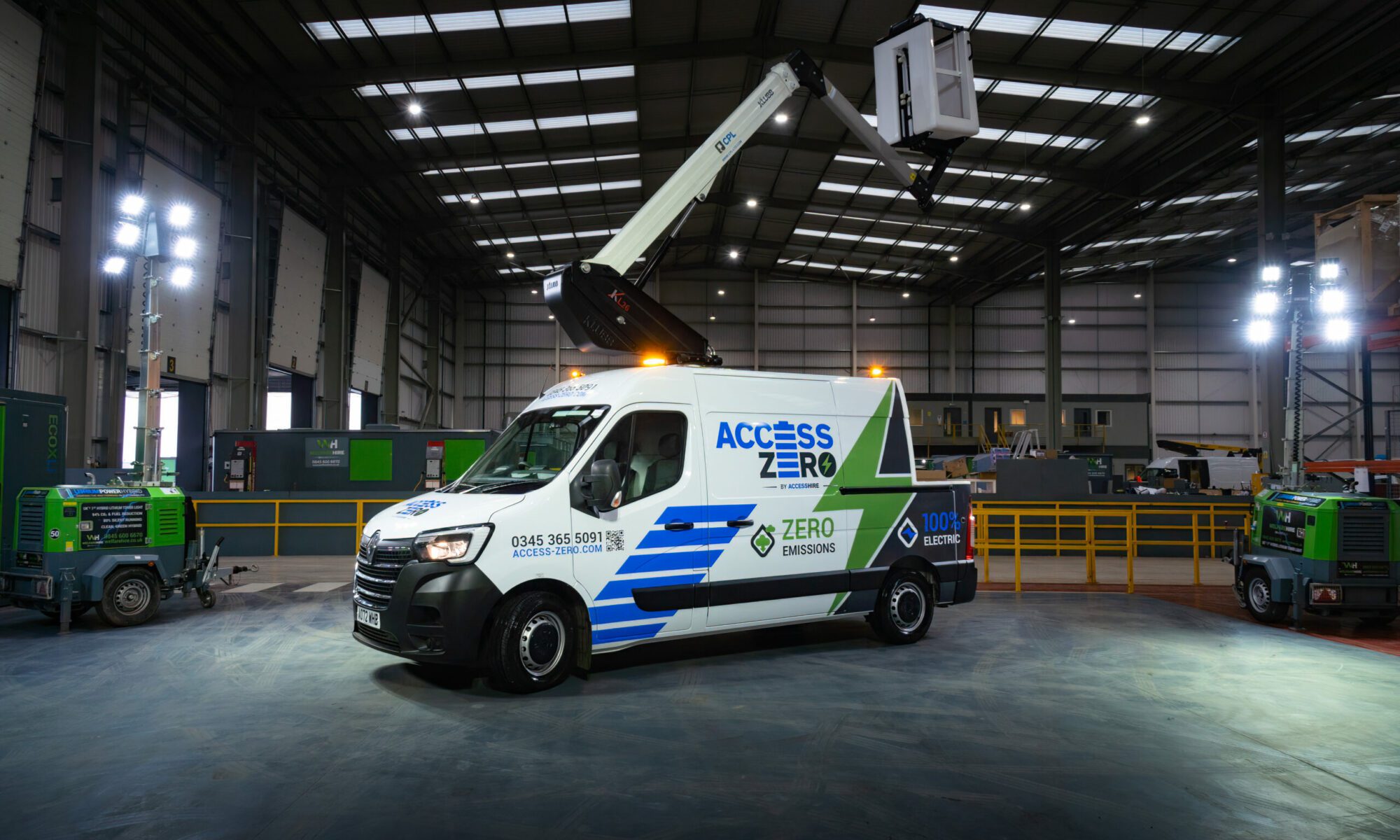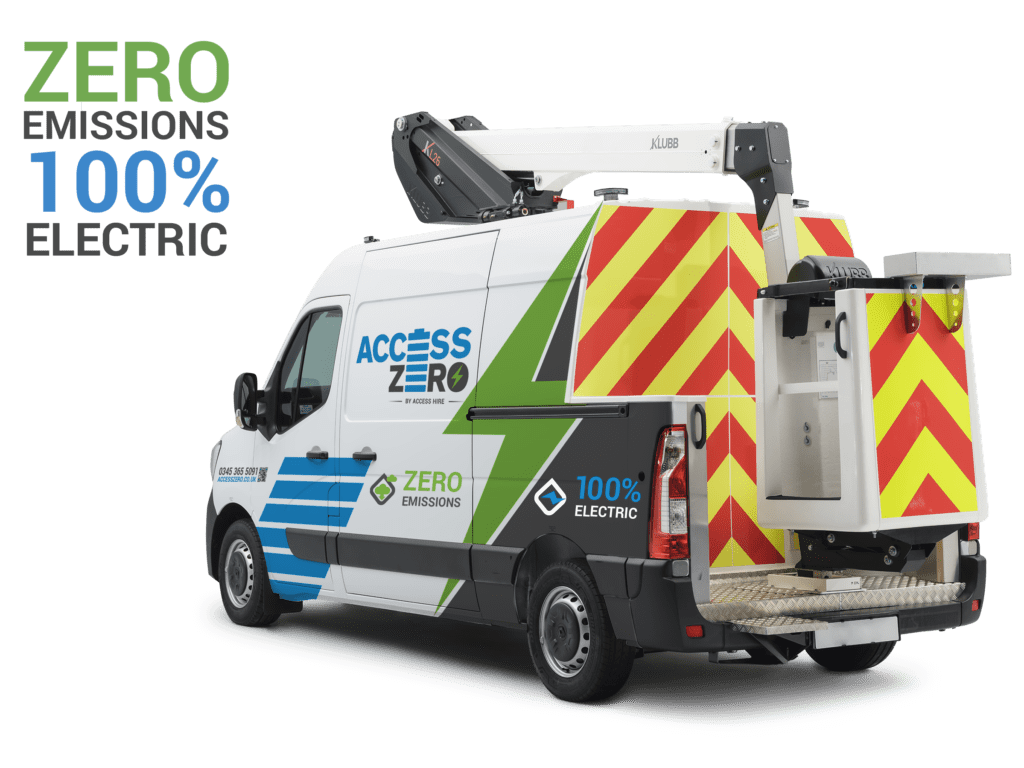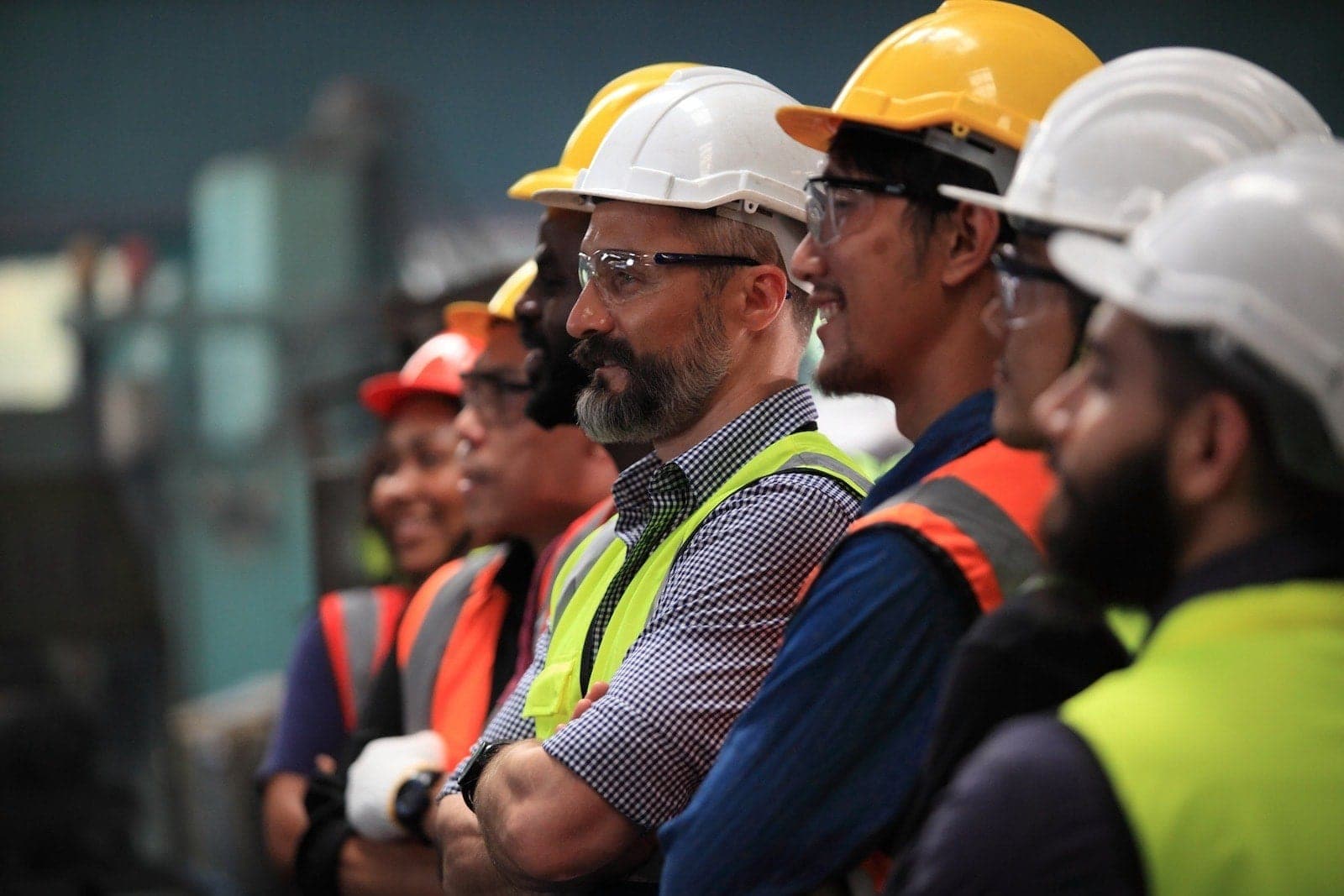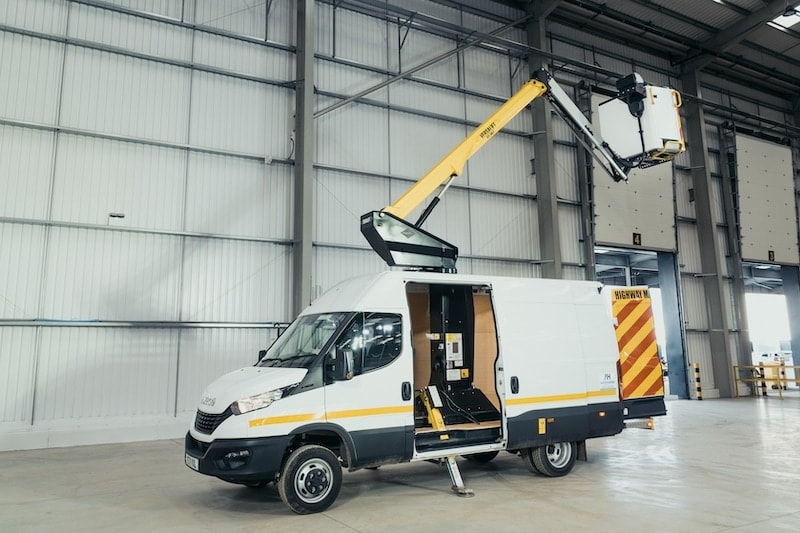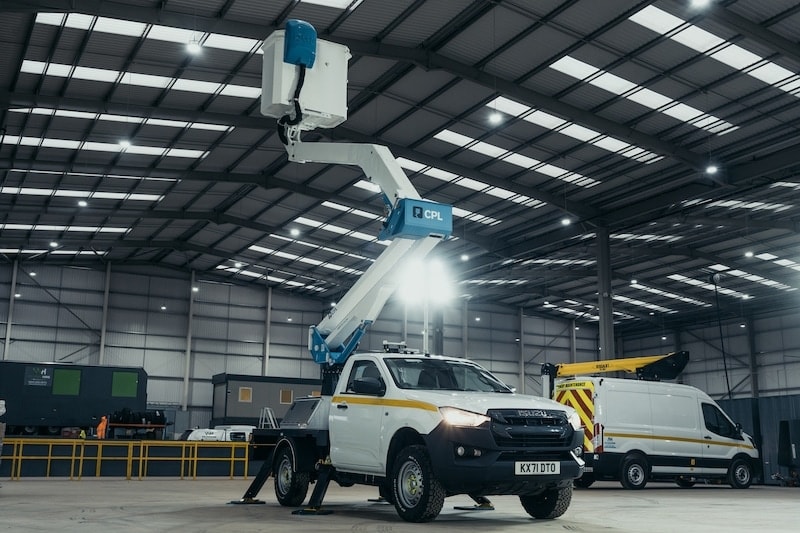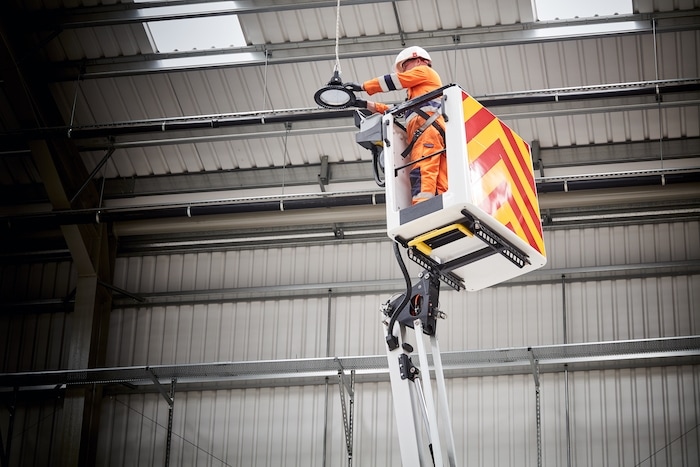The arguments in favour of Electric Vehicles (EVs) are now very familiar. They reduce carbon emissions, minimise air pollution and provide a more sustainable means of transport.
But the question is how long until adoption is widespread?
More than 10 million EVs were sold last year, and that number is expected to reach 14 million in 2023. With the government’s pledge to phase out – and eventually make illegal – the sale of new oil and petrol vehicles, this growth can only increase.
What does it mean for your infrastructure projects?
It depends on your perspective.
Because if you seize the opportunity, it could deliver a substantial competitive advantage.
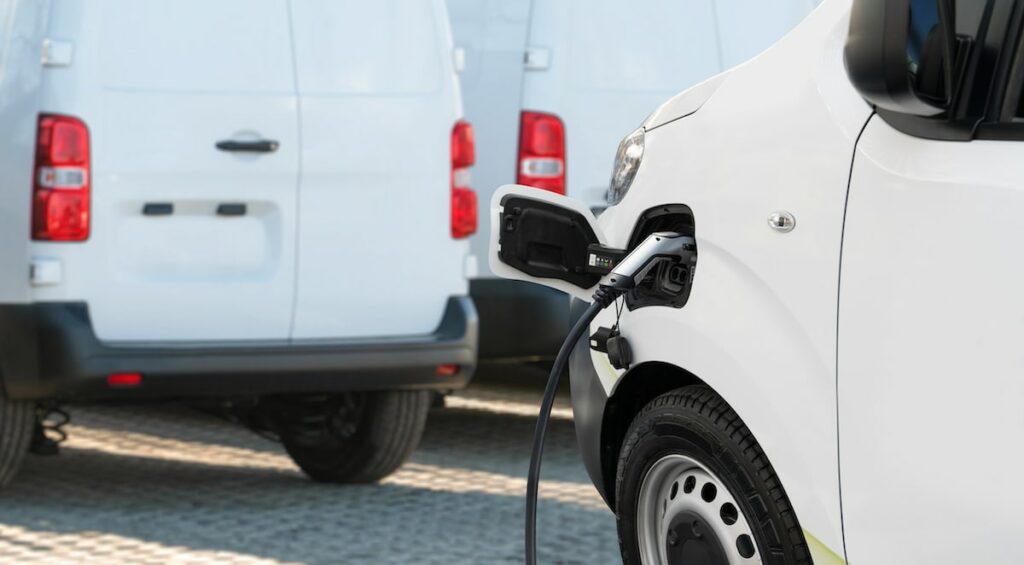
The genie is not going back into the bottle
Now that it is possible for an infrastructure project to use fully-electric Van Mounted MEWPs, there will be an inevitable chain reaction. Early adopters will improve their ESG scores rapidly, which in turn will help them win more tenders.
Once this becomes clear, competitors will have to adopt EVs just to keep up – at which point those that have got ahead of the curve will have the headstart of being used to this new way of working.
The advantage of this emerging technology is the ease of integration into current operations. With us as the UK’s pioneering supplier of a fully electric fleet of Van Mounted MEWPs, our customers find that incorporating these vehicles into their daily routines can be a seamless process. The experience of operating an electric vehicle quickly becomes second nature. The earlier you embrace this change, the sooner you can begin reaping the benefits of electric technology – giving you an upper hand in this rapidly evolving sector.
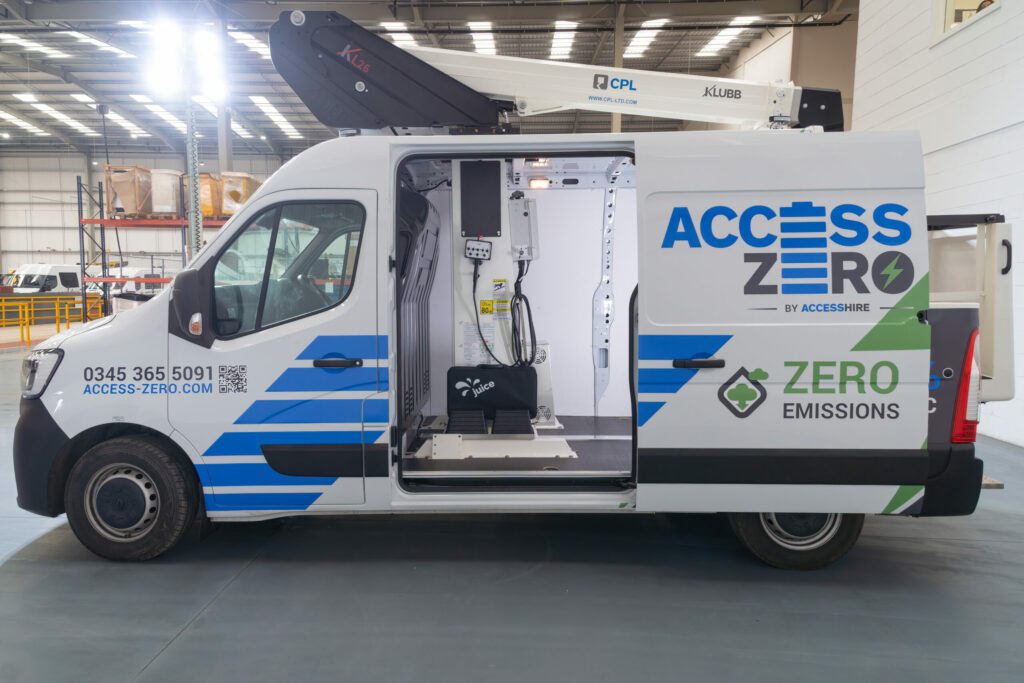
Electric vehicles will only improve
While the current crop of fully-electric Van MEWPs produces significant savings, there is already research suggesting that the life-cycle emissions of a typical EV will be cut by 73% by 2050. As usage grows, production becomes more efficient and the grid is optimised, it’s inevitable that the rest of the industry will cotton on to the undeniable benefits.
That is part of the reason we have made sure to get ahead of the curve. We believe our role is not just to provide our customers with quality equipment, but to help them embrace innovation and carve out a more positive future.
We are confident that Electric Vehicles will be a major part of that future for the infrastructure sector, and we are proud to be the first to take bold action and offer ambitious, forward-thinking project leaders a fully-electric fleet.
